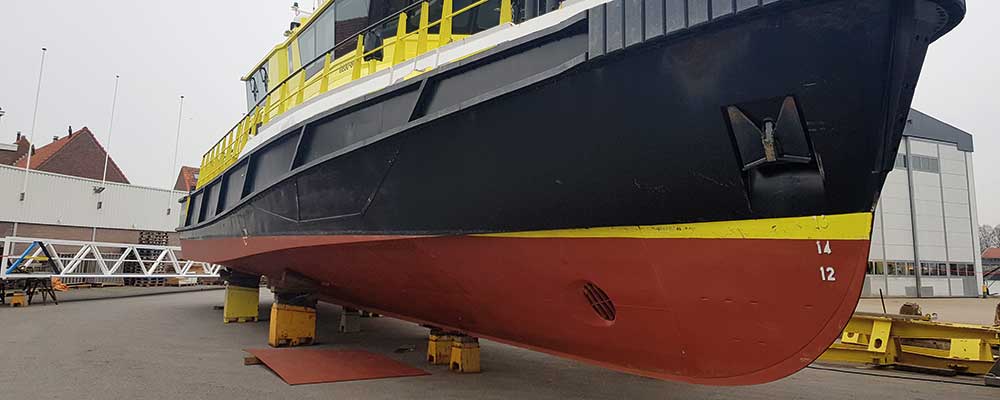Shipowners should take action to reduce the impact of invasive aquatic species (IAS) carried by hull biofouling, according to a statement issued today by the UK P&I Club.
It is a summary of advice the club first published in its Legal Update series of papers in November, prepared by Madlene Wangrau, a post-graduate researcher on a temporary placement with the club. In her statement today, Ms Wangrau cited research that “suggests that 70-80% of IAS introductions occur through biofouling, and new areas are constantly being invaded.”
This problem “has intensified over the last few decades due to increasing volume of traffic on our seas and represents a major threat to the world’s oceans and to the conservation of biodiversity,” she said.
In her November paper, Ms Wangrau had noted IMO’s non-binding guidelines for the Control and Management of Ships’ Biofouling, which were adopted in 2011, and encouraged club members to comply with them, but she also noted that some regional authorities, including those in California, New Zealand and Australia, had developed or are developing unilateral mandatory regulations that are more stringent than the IMO guidelines. Her paper also noted that the US Coast Guard’s ballast water treatment regulations include a reference to hull fouling, requiring that “fouling organisms shall be removed from the vessel’s hull, piping and tanks on a regular basis.”
In her statement today, she listed some actions that can be taken to manage biofouling and pointed to some commercial benefits of doing so. “By taking these measures … the shipping industry can help preserve delicate marine eco-systems and benefit from improvements in the ship’s hydrodynamic performance,” she said. “Reducing hull fouling decreases a ship’s resistance which in turn lowers fuel costs and emissions of air pollutants, making voyages more energy efficient, cost effective and less harmful to the environment.”


